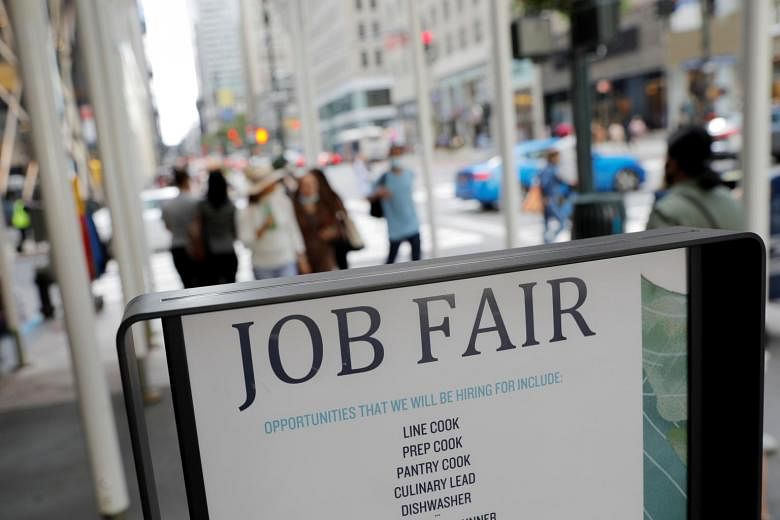WASHINGTON (REUTERS) - With inflation at a four-decade high, a US government report shows corporate America has used its clout in the labour market to keep wages 20 per cent lower than they should be, the White House said on Monday (March 7).
The report, done by the Treasury Department with help from the Justice Department, Labour Department and Federal Trade Commission (FTC), found companies had the upper hand in setting wages because they generally knew more about the labour market than workers do.
Further, workers may not be able to move or to afford an extended job search in order to find better-paid work.
"These conditions can enable firms to exert market power, and consequently offer lower wages and worse working conditions, even in labour markets that are not highly concentrated," the report said.
The report discusses ways that firms can hold down wages, including conspiring with other companies to avoid hiring each other's workers and requiring employees to sign non-compete agreements that prevent them from leaving for higher wages.
The report cited a paper that found one-in-five workers is currently covered by a non-compete agreement, meaning they cannot leave to work for a competitor.
"A careful review of credible academic studies places the decrease in wages at roughly 20 per cent relative to the level in a fully competitive market. In some industries and occupations, like manufacturing, estimates of wage losses are even higher," the report said.
The US unemployment rate fell to a two-year low of 3.8 per cent in February but hourly earnings were flat, partly because of the return of workers to lower-paying industries, offsetting wage increases in some sectors as companies compete for scarce workers.
Economists say the war in Ukraine and harsh sanctions imposed on Russia will keep energy prices higher for longer, contributing to inflation and prompting companies to try to cut costs elsewhere.
Antitrust enforcement efforts usually focus on the prices that companies charge for goods and services. Antitrust enforcers have brought labour antitrust cases in the past, and the Trump Administration's Justice Department brought one against a no-poach agreement between rail equipment suppliers in 2018, but they remain rare.

